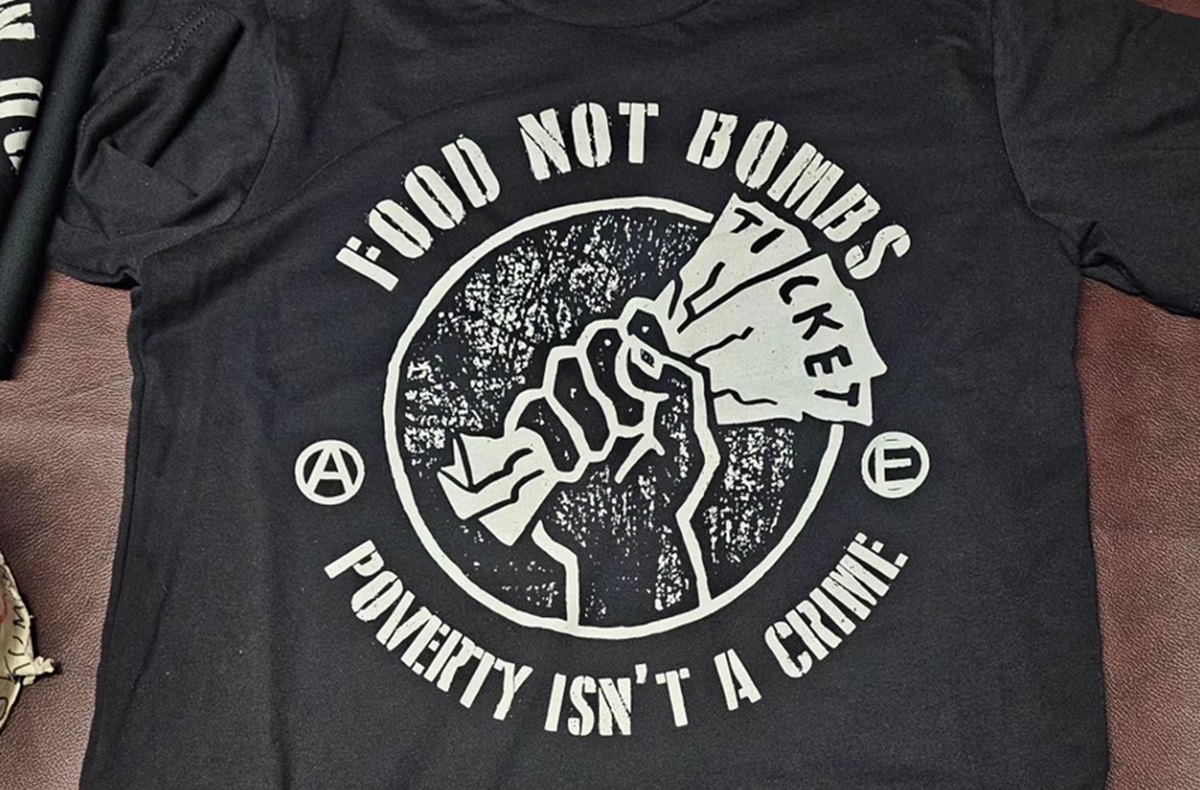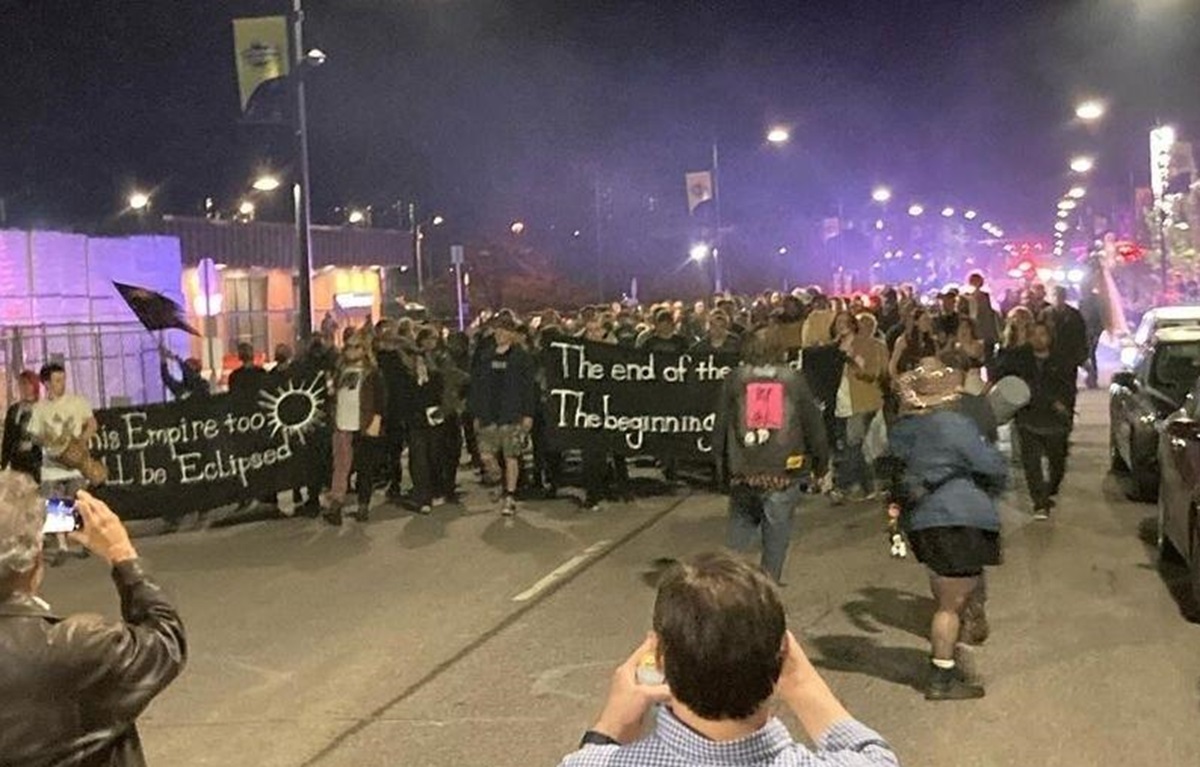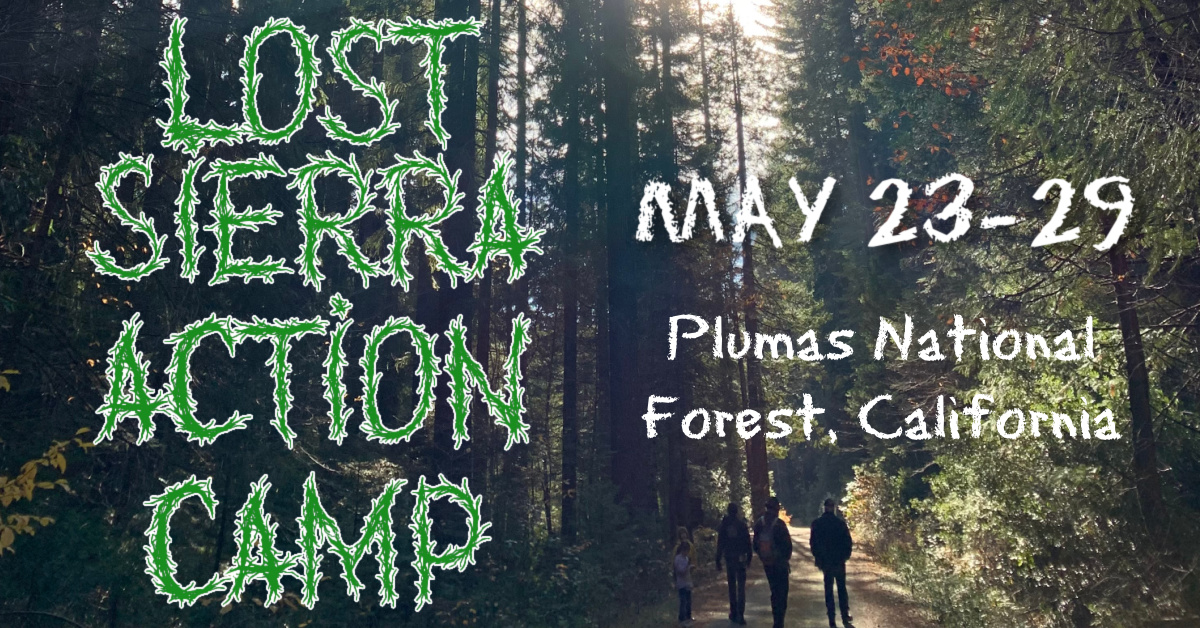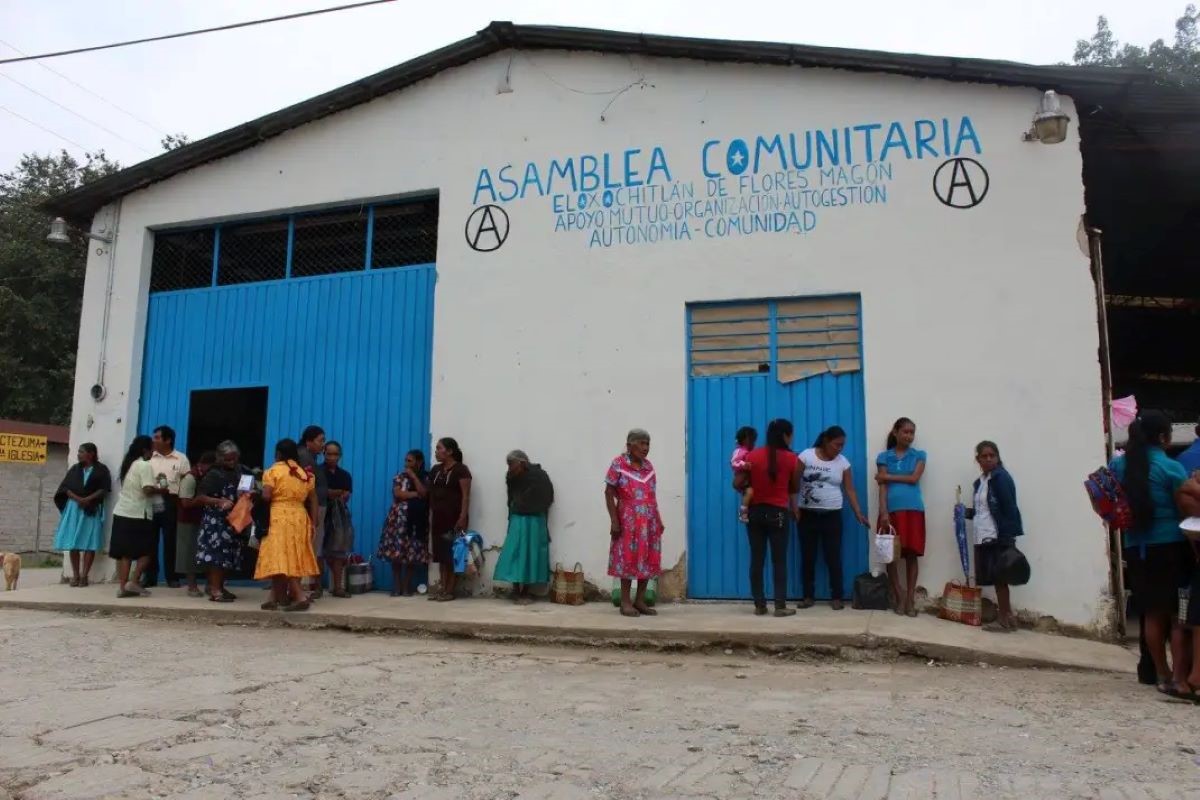Filed under: Canadian Tire Fire, Featured
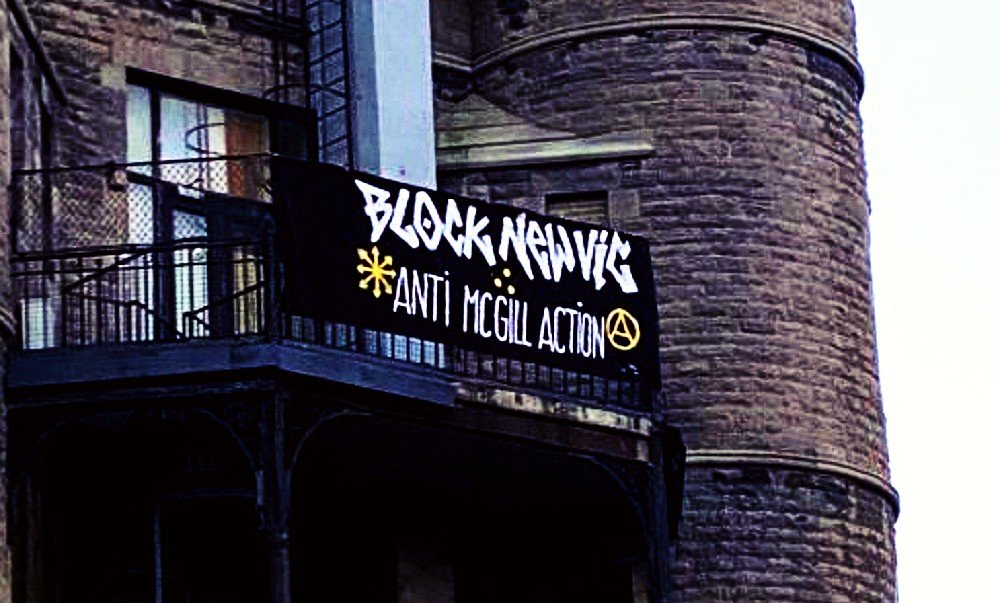
Last week, the Alberta government announced it will be the third province to end its contract with Canada Border Service Agency, and will no longer hold migrants in its provincial prisons. This announcement follows closely after an announcement by the Nova Scotia government – for more coverage on this issue, check out our last column.
#Alberta, #BC, and #NovaScotia are ending immigration detention in their provincial jails. No one in ANY province should be jailed on immigration grounds. It’s time for @JustinTrudeau to end this harmful practice across the country #WelcomeToCanada https://t.co/8LcXwg9uDq
— Julia Sande (@jksande1) October 12, 2022
In Burnaby, BC, protesters blocked the entrance to the Trans Mountain tank farm – the end point of the Trans Mountain pipeline and a distribution site for crude oil and refined oil products to local terminals. The blockade stalled five buses containing dozens of workers arriving for the morning shift. Protesters say they will continue to take actions that stall construction with the goal of stopping the project entirely.
Oct 14/22- #TransMountain tank farm entrance blocked by Land Protectors. Yet more delays for this destructive pipeline project. @PPSTMX1 @CoastProtectors https://t.co/gdZvxkQWBO #UNDRIP #cdnpoli pic.twitter.com/HZwiQpjcVr
— Honu139 (@honu139) October 14, 2022
Last week in Toronto, transit advocacy group TTCRiders took matters into their own hands and installed a bus lane on a stretch of one of Toronto’s busiest bus routes, years after City Council promised and failed to do so. The action aimed to remind politicians of the need to follow through on their promises and deliver reliable bus service to transit users.
BREAKING: We’re installing a bus lane near Dufferin Station. #TTC #topoli pic.twitter.com/u3VdyYdiZn
— TTCriders (@ttcriders) October 12, 2022
Anarchists have published a new interactive map of extractive industry projects in so-called BC. The map includes planned, under construction, and completed projects, and there is also a version that includes rail lines. Anyone can suggest additions via email to map [AT] negate [DOT] ca.
Protests Across Canada in Solidarity with #MahsaAmini Movement in Iran
Hard to describe the demonstration in solidarity with Iranian people's struggle against the state in #Vancouver right now.
Extends for miles.#IranProtests2022 #MashaAmini pic.twitter.com/WDrydQFK9f
— Critical Criminology (@critcrim) October 1, 2022
On September 16th, Zhina (Mahsa) Amini died in a hospital in Tehran after being arrested by Iran’s morality police for not wearing the hijab according to their standards. Despite denials by Iranian authorities, women detained with Zhina say she was severely beaten by police and died as a result. In the aftermath of her death, massive protests led by women spread across Iran. The protests have resulted in massive crackdowns, seeing at least 200 people killed by police and many injured.
Solidarity demonstrations have taken place across Canada in response to the movement. In Vancouver, a huge demonstration of tens of thousands of people took place on October 1st.
Today I joined a friend from Vancouver's Iranian community to stand in solidarity with demands for women's rights, freedom and peace in Iran. The protest slogan "Women, Life, Freedom" speaks to fundamental rights and truth that should be enjoyed by all all over the world ✊🏾 pic.twitter.com/zkQ3nQE9QR
— Janna G. Noelle (@jgnoelle) October 1, 2022
In Richmond Hill, Ontario, an estimated 50,000 people took to the streets.
1/ The #Iran solidarity protest that happened in @cityoftoronto GTA of Richmond Hill yesterday, was the largest protest in the history of #Canada – with 50 – 55,000 people there. This drone shot does not include the people already on the grass👇#IranProtests2022 #Mahsa_Amini pic.twitter.com/BaMWZwNNSc
— Samira Mohyeddin سمیرا (@SMohyeddin) October 2, 2022
Weekly protests have been taking place each Saturday in Montreal.
On Saturdays, we rally for Iran. See you at 2pm Mtl!! ❤️ #IranRevolution #IranProtests #MahsaAmini #Montreal pic.twitter.com/A4wcCF2kD7
— Paris (@ParisMansouri) October 15, 2022
Multiple protests have also taken place elsewhere, including in Ottawa.
Women, Life, Freedom – A message from Iran:https://t.co/S31Xh1m2aU
– Neues Video von @asranarshism & @submedia –
Unterstützt die feministischen, antiautoritären Aufstände im Iran!#WomenLifeFreedom #IranProtests2022 #Mahsa_Amini— Anarchistisches Kollektiv Glitzerkatapult (@glitzerkatapult) October 1, 2022
Anti-Colonial Occupation of Royal Victoria Hospital Grounds in Montreal
UPDATES FROM THE EVICTED CAMP : https://t.co/VhwJUYGs58
— stopthenewvic (@stopthenewvic) October 12, 2022
On October 10th, a group of settler anarchists in Montreal initiated an occupation of the grounds of the former Royal Victoria Hospital. McGill University has long planned to renovate the building and grounds as part of their campus expansion project. The Kanien’kehà:ka kahnistensera (Mohawk Mothers), a group of women from the Mohawk communities of Kahnawake and Kanehsatake, are opposed to the project. According to the communique released by occupiers:
They are declaring that McGill stop planned renovations of the former Royal Victoria Hospital, that there be an investigation of the area for unmarked graves, as well as further study of Indigenous archeological sites known to be in the area. The investigation would be to find bodies of victims of CIA and Canadian government funded MK-Ultra psychiatric torture experiments that took place in the 1950s and ’60s at the Allan Memorial Institute, which is directly adjacent to the Royal Victoria.
The kahnistensera refer to the testimony of survivors of the MK-Ultra experiments, who say there were also Indigenous children being brought to the Institute and experimented on at that time. In recent years, thousands of unmarked graves have been found using ground-penetrating radar on the grounds of former residential schools for Indigenous children. A forensic investigation of the grounds of the Allen Memorial and the Royal Victoria, supervised by the kahnistensera, could determine the truth about some of the terrible things that happened there. The planned renovations would risk destroying this evidence, and must be stopped before an investigation can happen.
In April 2022, the kahnistensera filed a legal claim to the Superior Court of Quebec to stop McGill and the Société Québécoise des Infrastructures (SQI) from proceeding with the renovations and the next date in this process is October 26th. As usual, it is very unlikely that the colonial courts will take the demands of the kahnistensera seriously and do anything to stop the colonial university and state from proceeding with their plans. That is why it is important for all of us who support Kanien’kehà:ka sovereignty on this land to organize ourselves in solidarity with the public calls of the kahnistensera against the renovations.
As settlers and anarchists, we attempt to act as accomplices in Indigenous-led fights to abolish the settler-colonial-imperial-capitalist state and insititutions, such as McGill. We also recognize that Kanien’kehà:ka sovereignty in this place goes beyond this current campaign. We support the kahnistensera’s broader vision of a university which has been renamed to not pay homage to a colonial slaveholder, has repaid its financial debts to the Haudenosaunee peoples, has stopped all military research, and is governed by the kahnistensera in accordance with the kaia’nereh’ko:wa.
Unfortunately, the occupation set up on October 10th lasted only until the next morning. It was evicted by police on October 11th, with work beginning shortly thereafter by McGill-hired archeological firm Arkéos. More updates can be found on twitter at @stopthenewvic.
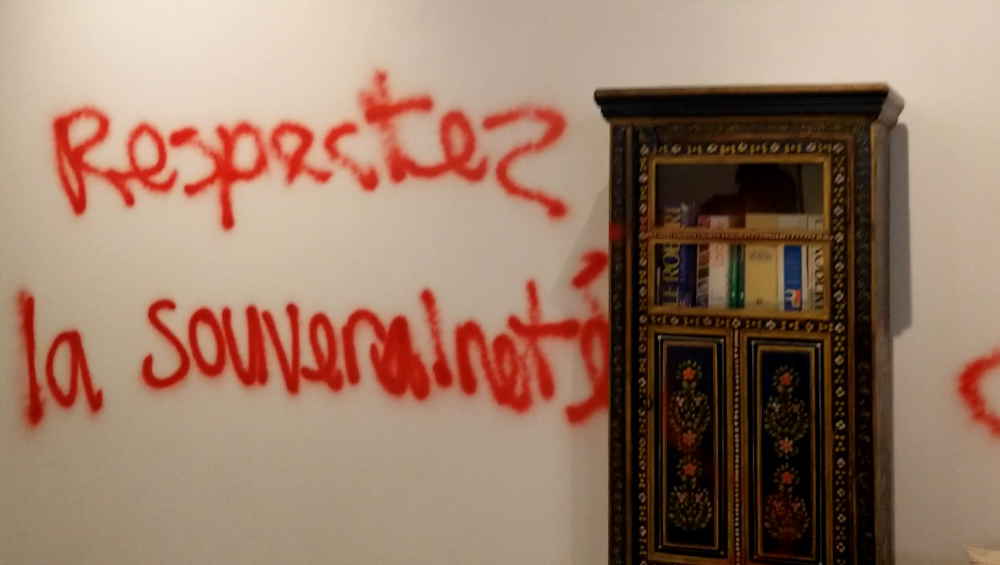
Graffiti Reads “Respect Indigenous Sovereignty” SOURCE: Montreal Counter-Info
Another action occurred on October 14th, during which settler anarchists claim to have vandalized the Arkéos offices. Following publication of the communique of the Arkéos action, and shortly before submission of our column, a statement was released by the Kahnistensera regarding the solidarity actions that have been taking place and the potential negative consequences for their ongoing legal case and their struggle more broadly. They write, in part:
We greatly appreciate tokens of solidarity and demonstrations, but we ask you to be mindful of the dire legal repercussions for us, and the high risk of jeopardizing all the work we have invested for more than one year to obtain an injunction, which could be ruined, as well as the hope of our families to know the truth and get justice.
Acting in solidarity as settlers requires a balance of understanding Indigenous needs and perspectives around an issue, understanding our own position and relationship to the issue, and determining the best way to apply our skills and privilege to the struggle. We look forward to seeing how the struggle will develop in the coming days and weeks and hope to continue to see settler anarchist support for the Kahnistensera.
Vancouver: Police Out of Politics
Days before the Vancouver municipal election, folks held a rally to protest police involvement in local politics. This election season, the Vancouver Police Union took the unprecedented action of endorsing a mayoral candidate, Ken Sim with the ABC Party (Vancouver is one of just a few major Canadian cities to have municipal-level political parties). Sim’s platform includes hiring 100 new police officers and reinstating the school liaison officer program. The VPU also sponsored a mayoral debate, which all 5 of the leading candidates attended.
ACTION ALERT: Police Out of Politics Rally!
⏰ Thursday October 13, 4 PM
📍 Jonathan Rogers Park (110 W 7th Ave)since the #VPD union endorsed Ken Sim (ABC Vancouver) we are endorsing taking action against *all* cop-lovers on unceded territories #ACAB pic.twitter.com/WNPtbXOMH9
— Defund604Network (@defund604) October 12, 2022
The rally focused on Ken Sim, gathering outside both his office and a theater where the ABC party hosted a campaign event. However, it also had a broader message criticizing all connections between politicians and policing. Critics have suggested that the VPU endorsing a candidate sends a dangerous message about police involvement in local politics, especially in a year of intense police violence against Vancouver’s most vulnerable residents. Election day took place on October 15 and Ken Sim will be Vancouver’s next mayor.
While police union endorsements aren’t common, policing is a consistent focal point in municipal elections – especially considering that policing takes up anywhere from around one tenth to one third of municipal budgets in large Canadian cities (mostly for officer salaries). Some candidates will take a stronger “law and order” position – framing social issues like poverty, homelessness and drug use as matters of criminality that can be solved through policing, and stoking fear of “crime” to win votes. Others may argue for a re-distribution of some police responsibilities to other parts of the state (while talk of “defunding the police” has become more normalized in recent years, even the most left-wing politicians will be more careful about their language during election season).
Overall, the question of policing offers insight into candidates’ perspectives on the role of police and other parts of the state in addressing social issues. The message of “police out of politics” should be taken two ways: keep police out of local politics, and at the same time, don’t expect meaningful change around policing to be driven by politicians.
Sex Workers Challenge Discriminatory Laws in Court
A coalition of sex worker-led organizations was in the Ontario Superior Court this week challenging Harper-era sex work legislation. In 2014, Steven Harper’s conservative government introduced the Protection of Communities and Exploited Persons Act (PCEPA), criminalizing the exchange of sexual services. Unlike previous sex work-related legislation, which more directly criminalized sex workers and was deemed unconstitutional by the Supreme Court in 2013, PCEPA shifted the focus of criminalization to those purchasing services. While this act was purported to be geared toward preventing sex trafficking, many sex workers argue that it continues to have the same effect of criminalizing their work and making it impossible to work safely.
Today's rally to demand #decrimNOW and to #RepealPCEPA was on fire! Dedicated collective action and movement building makes our fiery hearts beat faster ❤️🔥❤️🔥❤️@ASTTeQ @SocietyAnswer #BCCEW @ButterflyCSW @HIVlegal #Émissaire @MaggiesToronto @PeersVictoria pic.twitter.com/ecTspfEomJ
— Sex Work Law Reform (@CDNSWAlliance) October 3, 2022
The plaintiffs in this case include the Canadian Alliance for Sex Work Law Reform – a coalition of 25 sex worker organizations, along with five individual sex workers and a former escort agency owner. They presented arguments to illustrate that PCEPA laws reduce sex workers’ ability to communicate with clients, negotiate safely, and establish consent. They also impact sex workers’ ability to work together and support each other, and discourage them from seeking help in unsafe or exploitative situations. Some of the groups presenting arguments represent communities with particular experiences navigating the sex trade, such as Asian, Black, and migrant sex workers. Ultimately, the groups are fighting for PCEPA to be overturned and replaced with a legislative framework that decriminalizes sex work and allows sex workers to access supports like any other worker.


